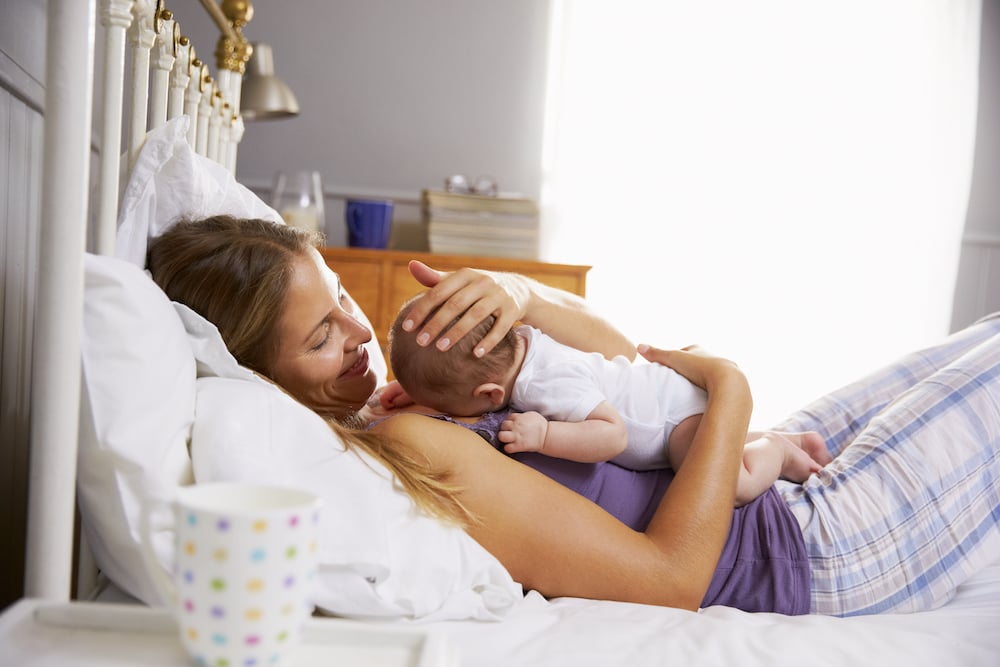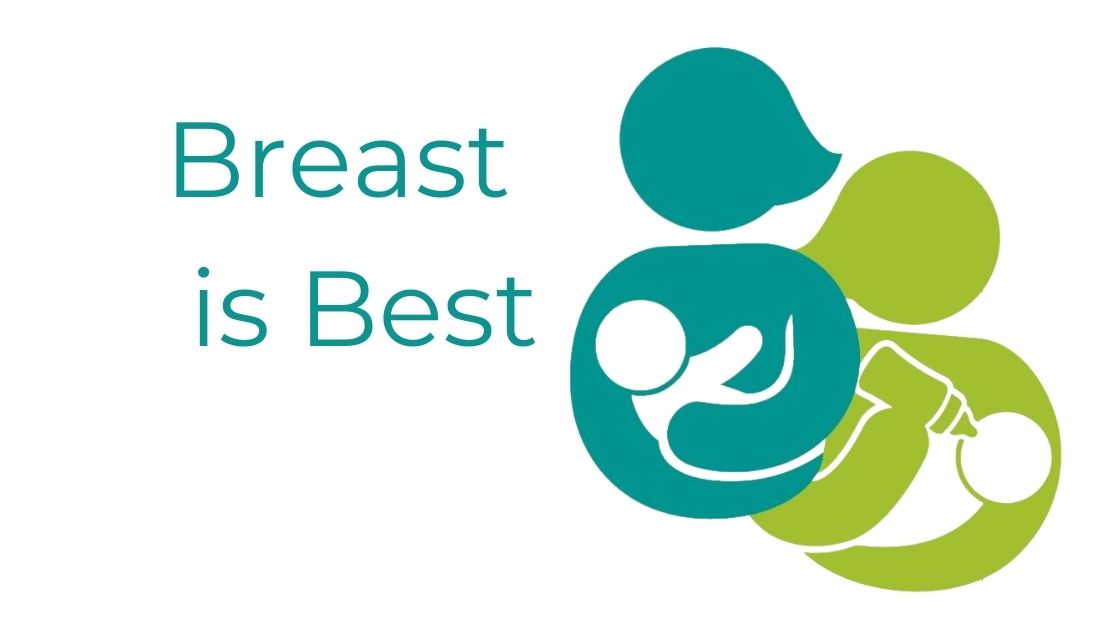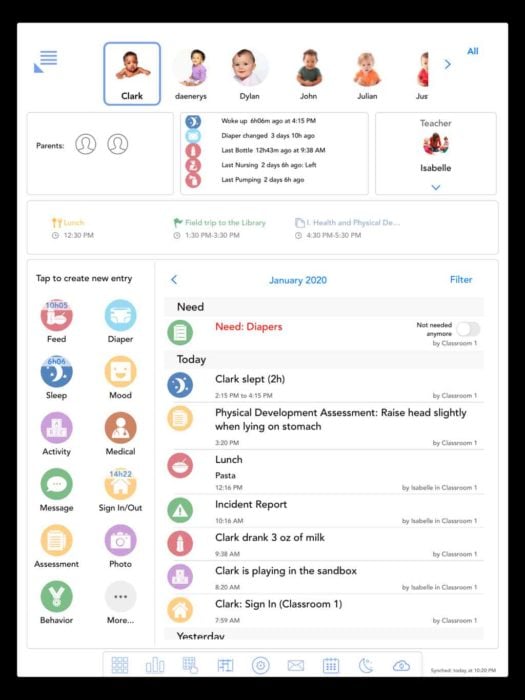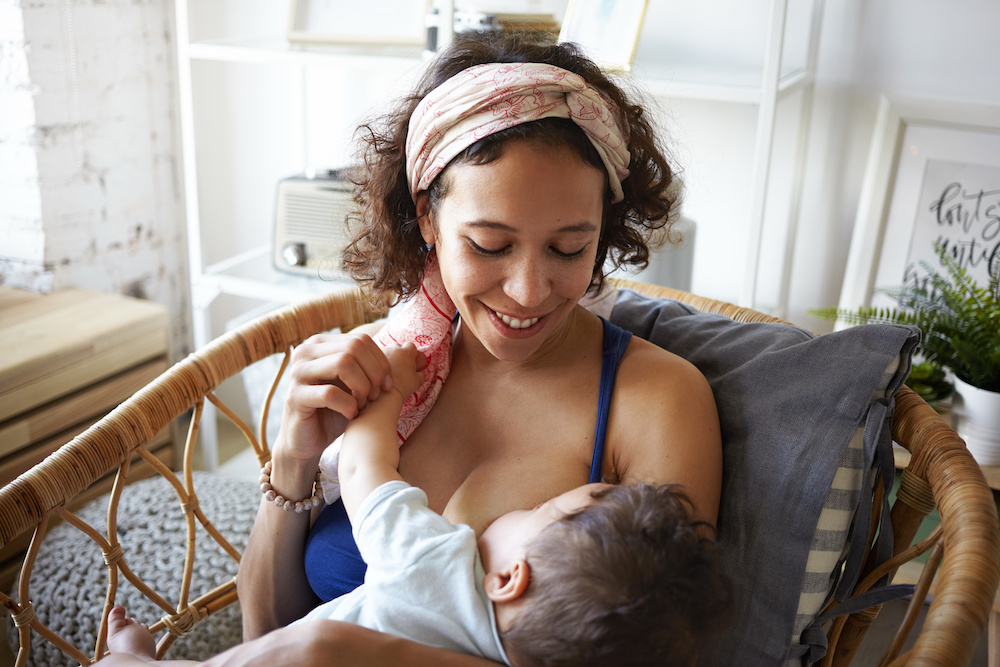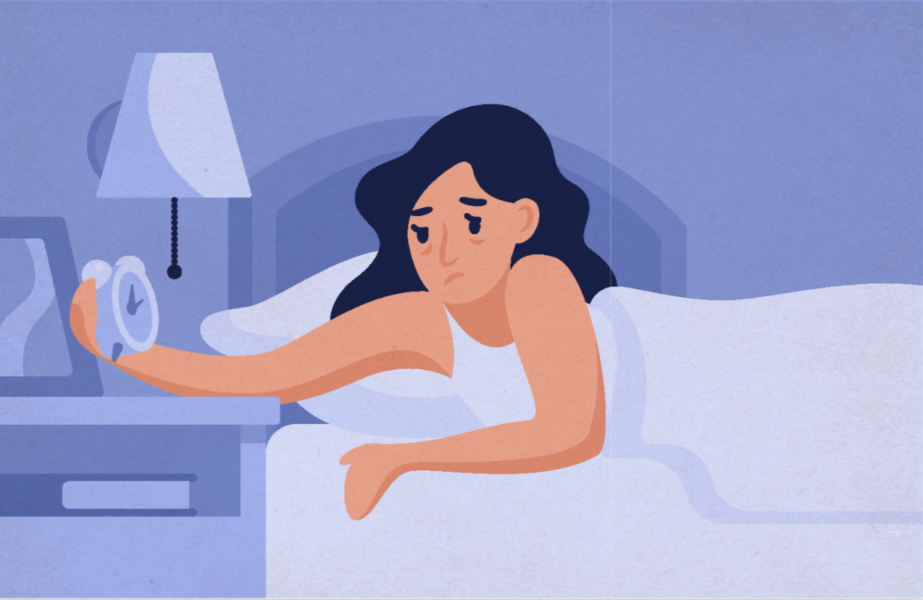As I sit down to write this month’s column, we’re at the beginning of our ever-increasing social-distancing mandates from both the state and national governments.
I don’t know when we’ll be on the “the other side” of this societal halt, but — either way — it seems like the perfect time to explore the tradition of la cuarentena.
In Latin, Asian, African, Middle Eastern and some European cultures, a period of confinement after giving birth isn’t considered a luxury or a sacrifice.
It’s simply the norm.
The Chinese postpartum quarantine is quite strict and requires one month in bed without bathing, brushing teeth, reading, using the Internet or eating fruits and vegetables. There’s also no use of air conditioners or fans and no drinking water. The new mother drinks only hot soups and liquids and eats a protein-forward diet. Some eat one chicken per day!
Latin cultures insist that Mama spend six weeks abstaining from sex, her only focus should be to care for herself and her baby. The extended family cooks and cleans, cares for older children and provides herbal remedies for the recovering mother.
Many Native American cultures practice a 20-day confinement with naming rituals and sweat lodge visits to increase the mother’s circulation and allow for the release of toxins. A ceremonial bread is prepared by the elder women of the tribe and is revered as a rite of passage.
In Indonesia, a bright light burns in the new mother’s home for about 40 days to honor new life. The midwife visits daily to massage the new mom, to give her therapeutic baths and to bind her belly to encourage uterine contraction.
With many different cultural quirks and details, the sentiment is the same: Stay in, stay warm, eat well, accept help, rest, care for your family.
Try as we might in the U.S. to adopt this recovery time, we often fall short. Many maternity-leave periods fall just at, if not before, the typical 40-day cuarentena. So while the new mother should be resting and eating nutrient-rich smoothies and soups, she’s often more preoccupied with finding daycare and figuring out her breast pump.
Another obstacle Americans face is distance. Gone are the days of the family duplex or in-laws living down the block. New parents often live across the country from their kin. Many modern grandparents still work 9-to-5 jobs and can’t be there to cook and clean — even if they do live in the same town.
It seems like a good idea to at least keep in mind the postpartum tradition of confinement, if only in spirit. Maybe our recent times have taught us the value of rest, recovery, slowing down, savoring good food, prioritizing health. Maybe our recent times have taught us to honor all the mothers trying to accomplish the impossible while raising the next generation of humans.
Hopefully, through this, we can reclaim our collective humanity and become better at both giving — and accepting — help.
In the meantime, here are a few tips for a cuarentena state of mind:
- Don’t skimp on maternity leave or try to save it for later in your year.
- If you can swing it, hire a postpartum doula or two. They’re pros at making la cuarentena happen!
- Wear PJs. They set the tone for visitors.
- Target can wait.
- Remember that childbirth — while a natural event that occurs daily, 360,000 times per day, in fact — is still a big deal. Your baby is a big deal. YOU are a big deal.
Do we FINALLY get it NOW, as the universe literally tells our planet to press pause?
It can all wait. Stay in. Stay warm. Love your babies. Be safe.
Jen Wittes is a marketing director, writer, certified postpartum doula and mom of two who lives in St. Paul.




